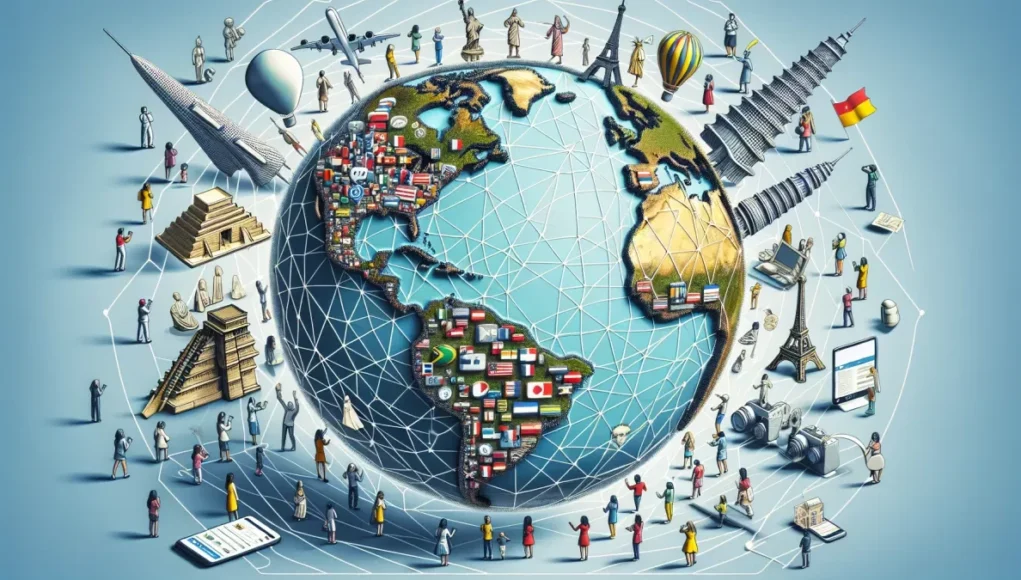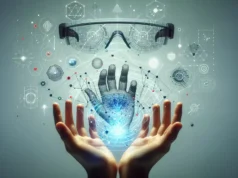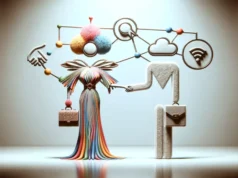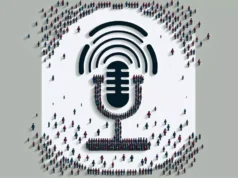In a digital age where communication and information are disseminated at lightning speed, media platforms have become the crucible where education, entertainment, and interaction intermingle to forge robust global community connections that can catalyze real changes. The digital revolution is not only bridging barriers across regions, cultures, and languages, but is also catalyzing powerful dialogues, fostering understanding, and strengthening bonds in a global landscape. Within these dynamic corridors of communication, we see a new world order being sculpted, one that is collaborative, inclusive, and united in its diversity.
From small-town neighborhood group chats on WhatsApp to internationally-focused platforms like Facebook and YouTube, the power of media platforms continues to shape, influence and enhance global connections. They have evolved into global vestibules where important ideas, stories, and opinions are shared, enriching and enlightening citizens around the world.
The transformative power of media platforms is especially pronounced in their role as engines for socio-political awakening. Last year’s Black Lives Matter movement, for example, reverberated globally, thanks to social media. The horrifying death of George Floyd in the United States was broadcast around the world in mere minutes. The resulting shockwaves evoked international outcry, leading to solidarity marches across continents.
Furthermore, platforms like Twitter have become incubators for vital discussions and discourses. CNN reported recently that Nigerian activists successfully amplified their voices against police brutality by using the hashtag #EndSARS, demonstrating the role of media platforms in uniting voices against common injustices.
In contrast to traditional media, these virtual plaques aren’t limited by geography, enabling a continuous dialogic exchange between diverse populations. They act as platforms of inspiration, education, and convergence, propelling societies towards creating sustainable solutions for global issues.
Moreover, media platforms are instrumental in fostering global connections for learning and education. EdSurge, an education technology news site, points out how online educational pioneers like Coursera and Khan Academy have disrupted traditional learning landscapes, allowing people worldwide to learn from the best minds at the most prestigious institutions, regardless of their geographical confines.
Media platforms have also been instrumental in transforming the landscape of entertainment. Streaming services like Netflix, Hulu, and Amazon Prime have galvanized the global community by offering content from across the world and hence promoting a richer understanding and appreciation of diverse cultures.
Interestingly, gaming platforms too are increasingly fostering global connections. The communal participation factor in games like Fortnite or Call of Duty transcends geographic barriers and national boundaries, creating a globalized, shared cultural experience.
The pandemic gave further impetus to media platforms to forge global connections. Media Post reported that in April 2020, during the peak of worldwide lockdowns, there was a 70% increase in internet use and a 61% increase in social media engagement, highlighting the sizable role these platforms played in connecting people at a time of profound isolation.
However, it’s crucial to consider the ethical challenges these platforms pose, such as the circulation of misinformation, privacy invasion and discriminatory algorithms. As such, media platforms need to continuously evolve their monitoring policies and mechanisms to ensure they remain ethical instruments of communication.
While the digital age’s transformative potential is still unfolding, already media platforms’ importance in fostering global community connections is unmistakable. This revolutionary technological synergy has undeniably brought us closer, irrespective of physical boundaries, fostering stronger collaborations and deeper understandings of our shared human experience.
Sources:
1. Cable, M. (2020, November 6). How Social Media Has Driven Global Solidarity Against Police Brutality in Nigeria. CNN.
2. McNeal, G. (2020, July 2). Reimagining Online Learning for the Post-Pandemic Era. EdSurge.
3. Ross, J.W. & Winkler, S.B. (2020, June 12). COVID-19 Advertising Effectiveness in the Midst Of a Crisis. Media Post.
4. Nicks, D. (2021). How Social Media Helped Globalize the Black Lives Matter Movement. Time Magazine.






